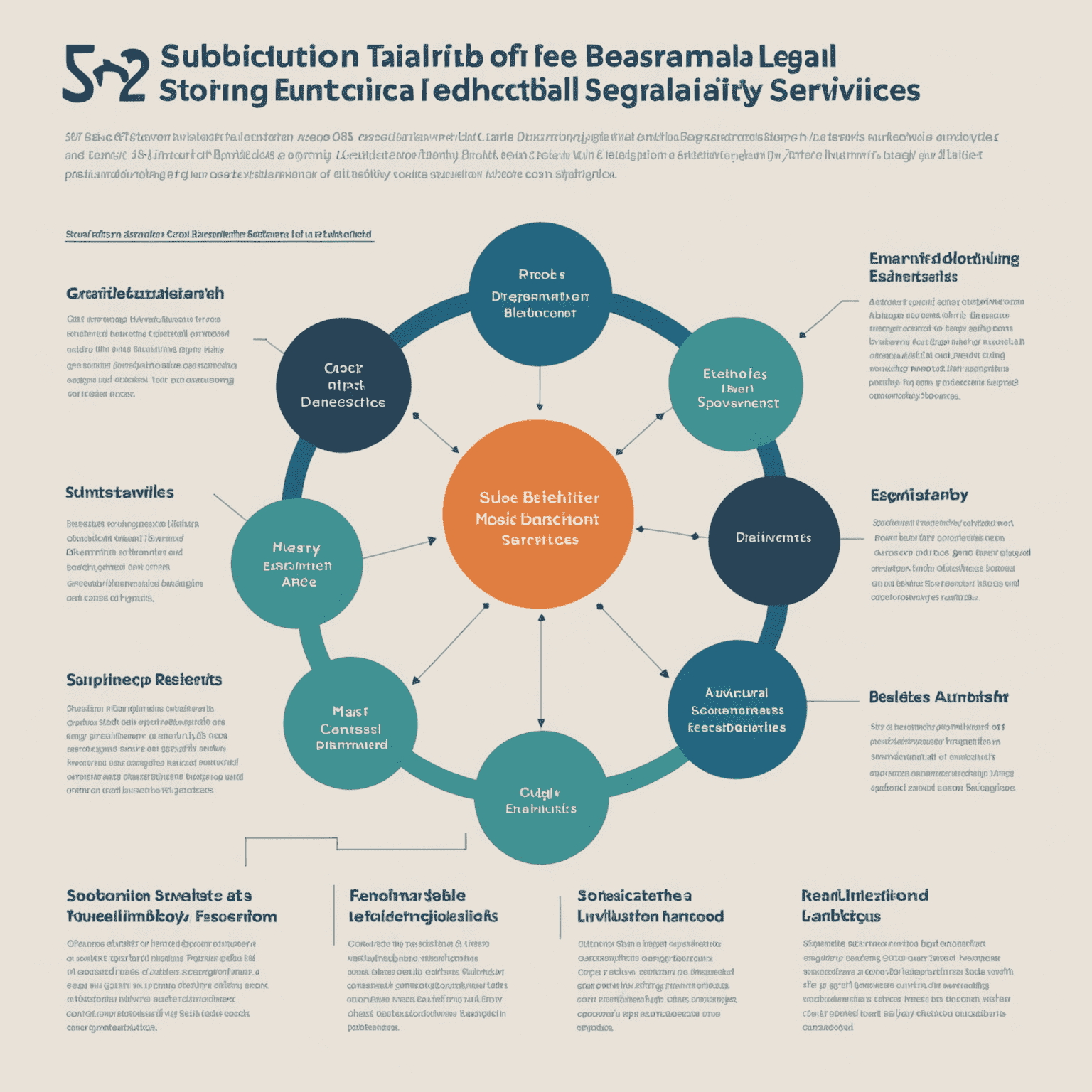The Art of Client Retention in Legal Services

In the ever-evolving landscape of legal services, client retention has become a critical factor for the success and longevity of law firms. As the legal industry becomes increasingly competitive, it's no longer enough to simply acquire new clients; retaining existing ones is equally, if not more, important. This article explores the significance of client retention in legal services and introduces an innovative approach: subscription-based services for ongoing legal advice to businesses.
The Importance of Client Retention
Client retention in the legal industry offers numerous benefits:
- Cost-effectiveness: Acquiring new clients is typically more expensive than retaining existing ones.
- Stable revenue: Long-term clients provide a consistent income stream, allowing for better financial planning.
- Enhanced reputation: Satisfied, loyal clients are more likely to recommend your services to others.
- Deeper understanding: Over time, you gain a comprehensive understanding of your clients' businesses, enabling you to provide more tailored and effective legal advice.
Revolutionizing Legal Services with Subscription Models
Subscription-based legal services represent a paradigm shift in how law firms can approach client retention. This model offers several advantages:
- Predictable costs for clients: Businesses can budget more effectively for legal expenses with a fixed monthly or annual fee.
- Ongoing relationship: Regular interactions foster a stronger attorney-client relationship and allow for proactive legal guidance.
- Accessibility: Clients feel more comfortable reaching out for advice, potentially preventing legal issues before they escalate.
- Customization: Subscription packages can be tailored to meet the specific needs of different business sizes and industries.

Implementing a Subscription Model
To successfully implement a subscription-based model for ongoing legal advice, consider the following steps:
- Assess client needs: Conduct surveys and analyze past client interactions to understand common legal needs.
- Design tiered packages: Create different subscription levels to cater to various business sizes and legal requirements.
- Develop a robust communication system: Implement secure platforms for easy client-attorney communication.
- Provide value-added services: Offer regular legal updates, workshops, or webinars as part of the subscription.
- Continuously evaluate and adjust: Regularly seek feedback and be prepared to refine your offerings.
Conclusion
Client retention through subscription-based services represents a forward-thinking approach in the legal industry. By offering ongoing, accessible legal advice to businesses, law firms can build stronger, more sustainable relationships with their clients. This model not only ensures a steady revenue stream but also positions your firm as a trusted, long-term partner in your clients' success. As the legal landscape continues to evolve, embracing innovative retention strategies like subscription services will be key to thriving in a competitive market.